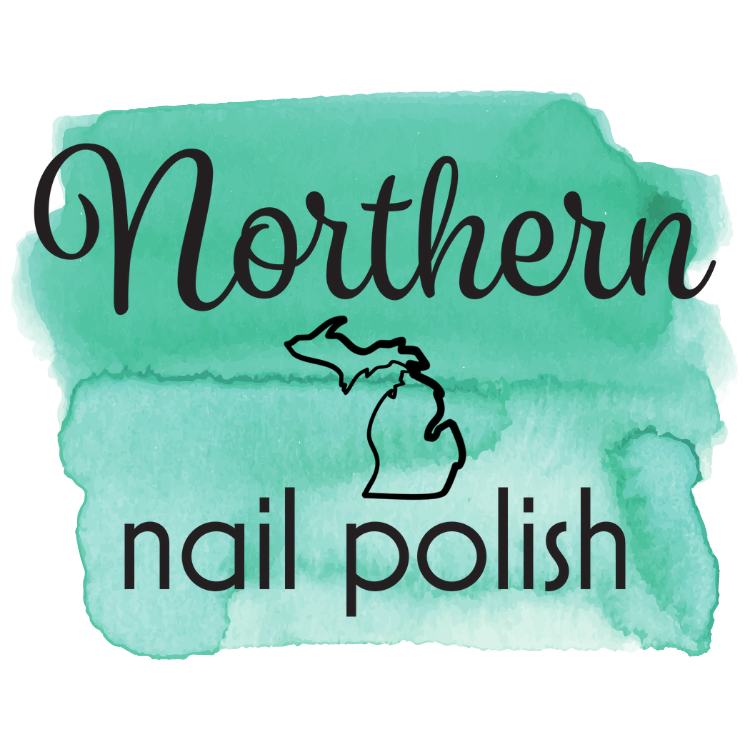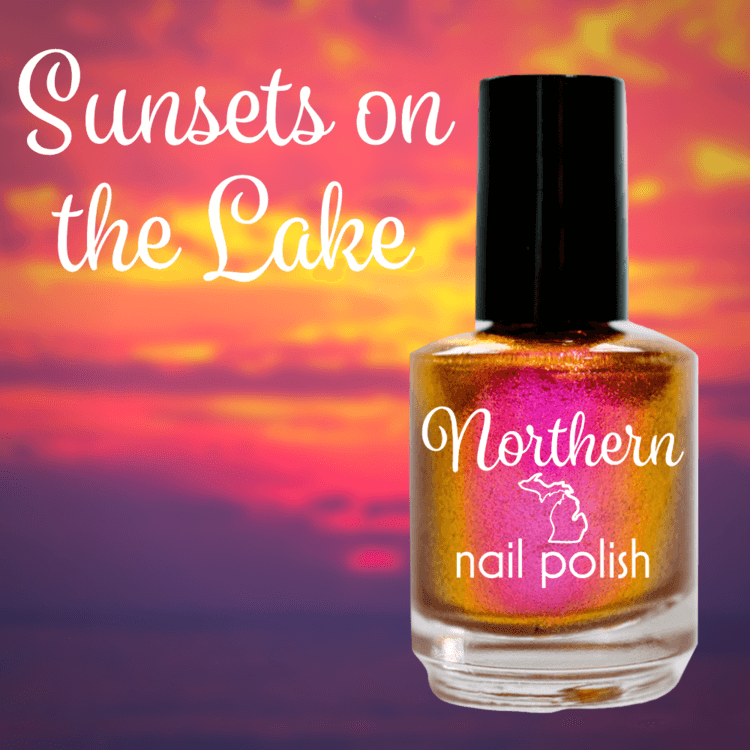How Michigan Became a State
Michigan is one of the grandest states in the United States if you ask someone from Michigan-- or someone from anywhere else. Aside from the freshwater shorelines and inspiring scenery, the state has a lot of history that can be appreciated and reflected upon. This is especially so if you step back and acknowledge all of the connections that our history has allowed possible.
Treaties and More Treaties
The United States of America saw the prospering opportunity when considering bringing the territory that is now known as Michigan into the equation. Andrew Jackson noted our resources and awe-inspiring scenery, so much so that he went the extra mile to help us obtain the land needed to become a legal state.
Michigan was the 26th state to join the Union, signed in by President Andrew Jackson on January 26th, 1837. This wasn't under the conditions that the state had planned for when entering the USA, but it became the silver lining of its current state of affairs. To become a state, there has to be a certain amount of land collectively labeled and governed. The original area that was considered Michigan was not large enough to be accounted for as a state, so problems erupted, followed by solutions that led to more problems and then more solutions (as is for any legal procedure).
In 1836 the state of Michigan was not a state and was in dispute with Ohio over a particular area of land. What is now known as the “Toledo War” partially prevented Michigan from entering its attempt for statehood and put it back a stretch as to what it wanted to be progressing towards during these shifting times. Despite this complication, Andrew Jackson made the transition possible by implementing the “Frostbitten Convention.”
During the Toledo War, the issue was over which state-owned Toledo (the strip below Michigan). Since Michigan gave up that land area to achieve statehood and end the dispute without any casualties, there were uncertainties about the borders. Fortunately, this was resolved and allowed for Michigan to receive 9,000 square miles of land in what is now referred to as the Upper Peninsula. This moment in our history is what is known as the “Frostbitten Convention."
Without it, there would have been a further delay in the implementation of our inclusion.
The 1836 Treaty of Washington then put a real foot forward to creating statehood for Michigan. An agreement between the United States Government and a Native American tribe allowed certain areas within what we now know as Michigan to be accounted for as a part of the states' total land. This included 13,837,207 acres of land in the lower and upper peninsula. This agreement is what set the stage, so to speak, allowing Andrew Jackson to begin preparing for Michigan's inclusion. At last, we were large enough to be considered a state. The transition into this was very immediate, as Andrew Jackson was eager to have the beauty and resources of the Great Lakes a part of the United States.
Tribal Affairs
The treaty of Washington is what put Michigan's territory in the position to qualify for becoming a state. Way back in the year 1836, the treaty took place to compromise from the government after working out some of the Toledo War affairs. When this treaty was signed into law, the Anishinaabek Native Americans adjusted their land rights and regulations. When doing this, they were unaware that the treaty was changed upon the leaving of the Odawa and Ojjbway representatives from congress. The treaty then reflected that the Native Americans that belonged to the Anishinaabek tribe had only five more years before the government could forcibly move them from the state entirely.
The tribe and their land were located in the Detroit region, where complications in the local community began to arise. A prominent college in the area, Schoolcraft, began to support a movement to speed up the process of removal. Despite the Natives being met with disdain for the situation, they took action. In 1855, the Treaty of Detroit was signed into law, which prevented their removal from the state and secured their legal privileges to the land.
Still, there are complications in the government with the inability to adhere to this treaty, as recently the local Natives have had to take concerns back to the initial agreements found in the Treaty of Washington. Complications occur around fragments of the law that do not create a sense of "equality" regarding the community's limitations or allowances. For example, the tribal fishermen have recently had to rely on the Treaty of Washington's provisions to maintain their traditional fishing rights.
A Thank You for Our State
The history of Michigan is not dark or dreary, but it does cast a sad shadow on the Natives who had to fight for their rights and land within our state, despite an agreement already having been in place. The land that was obtained during the Treaty of Washington accounts for nearly 40% of the land within Michigan. Without it, we would have never had the opportunity to become a state, at least not at that moment in time.
There were agreements made out of fairness, such as that of the Treaty of Washington, and agreements that were made out of necessity for fairness, such as that of the Treaty of Detroit. When considering the value of our statehood, Michigan residents resonate with gratitude rather than guilt because the native population we share our home with today provides a sense of diversity that is nothing short of appreciated and inspiring. Native history is our history.
Michigan becoming a legal entity within the United States has provided the necessary foundations for a blooming small business presence. Thankfully for the timeline our state has existed within, we can offer unique people, communities, and businesses alike.
Northern Nail Polish gratefully runs and operates as a Michigan-based company but does offer all of their products to a national market. If you want to share some of our history while supporting a local, sustainable business, try out Northern Nail Polish's Seven Grandfather Teachings color line or any other Michigan themed polish in the online store. Northern Nail Polish also proudly offers slow fashion and apothecary products, full of quality and sustainability-- both of which represent Michigan's intention as a state.
Written by Kristina









